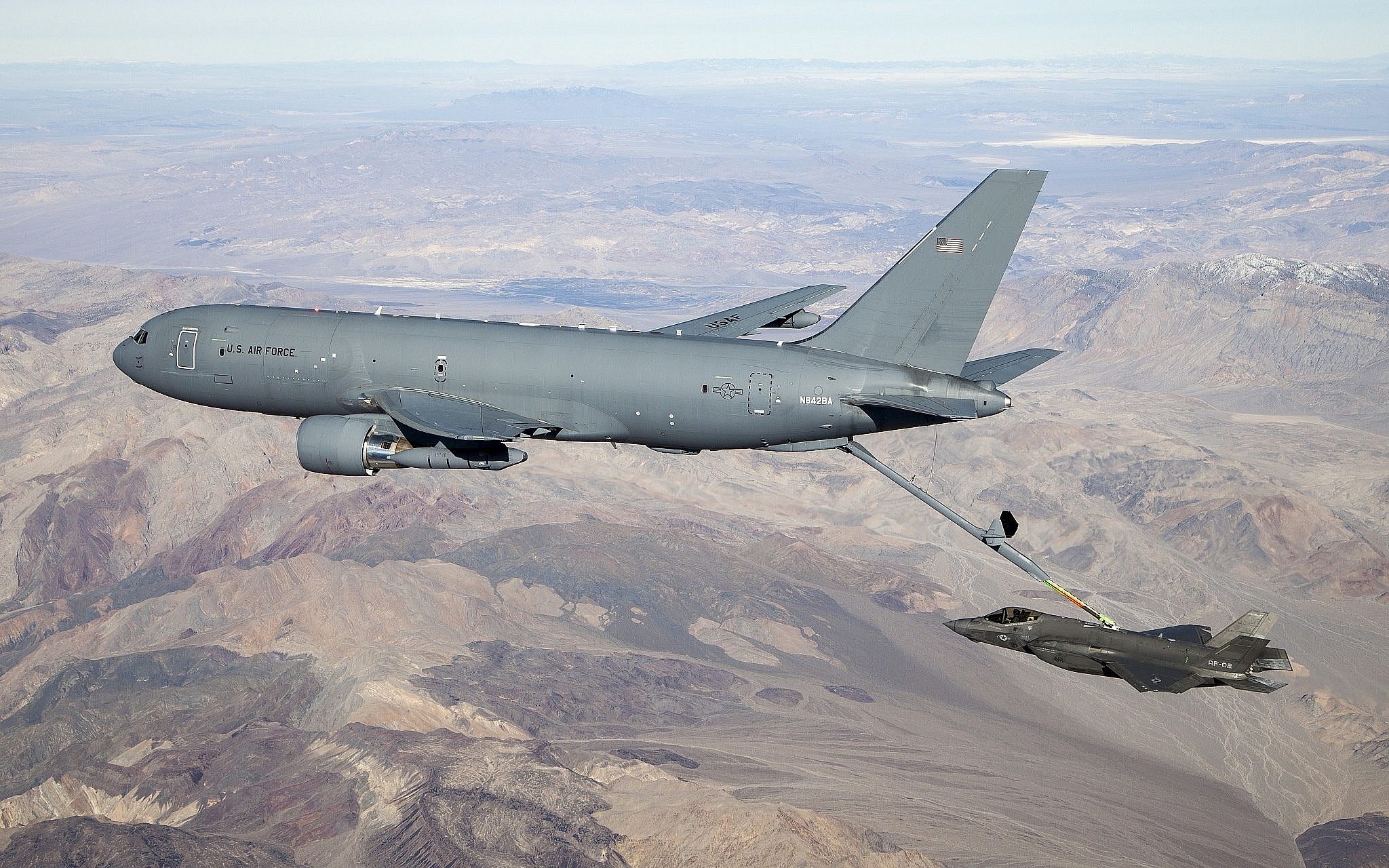According to the firm, Lockheed Martin Corp. has pulled out of the U.S. Air Force’s competition to build at least 75 refuelling tankers, giving Boeing’s KC-46 Pegasus an advantage in the highly anticipated multibillion-dollar defence deal.
In 2018, Airbus and Lockheed joined forces as the prime contractor to provide its A330 multi-role tanker transport. According to Airbus, which announced late on Monday, the European aerospace company will now go ahead with the competition without Lockheed.
Boeing now has a far better chance of winning the programme in spite of years of expensive mishaps with the current fleet of KC-46 tankers thanks to Lockheed’s retreat.
The overall order might be roughly $12 billion based on current costs, but it’s probably more. However, there have been several issues with the KC-46, including as a malfunctioning on-board video system and a refuelling boom that is unable to attach the tanker to aircraft that need refuelling. Boeing has lost $7 billion due to these mistakes.
After Reuters broke the Lockheed story first, Boeing’s shares started to rise, rising 1.7%.
After trying to get into the US defence market for 20 years, Airbus would receive its first aircraft deal with the US Air Force if it prevailed.
The announcement on Monday also represents Airbus’s second departure from a U.S. partner. In 2008, Airbus secured a $35 billion deal to produce MRTT tankers for the United States Air Force, having previously collaborated with Northrop Grumman Corp. After a Boeing complaint was successful in clearing the way for the KC-46, that endeavour was abandoned.
In addition to the 179 KC-46 Pegasus aircraft that Boeing has started to manufacture, the Air Force launched a competition in 2022 for its second tranche of up to 160 jets. The Air Force plans to replace hundreds of KC-135 tankers from the Eisenhower period in three batches. Later, the US cut the effort to 75.
According to Lockheed, the tanker team and resources will be reallocated to other projects, such as “aerial refuelling solutions in support of the Next-Generation Air-Refueling System (NGAS) initiative of the U.S. Air Force.”
The current tanker replacement program’s last phase is NGAS. In the 2030s, it is anticipated to be announced and finished.
A few Capitol Hill aides were taken aback by the Lockheed bid’s sudden withdrawal, also referred to as LMXT. The LMXT was going to be pushed hard in Alabama and Georgia, and Lockheed had thrown a lot of money into making sure Boeing’s jet wasn’t going to be the clear winner of the second tranche.
Boeing secured a contract for 179 KC-46s in 2011 after winning the first phase of a three-phase procurement to replace the Air Force’s ageing tanker fleet.

